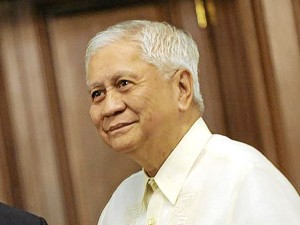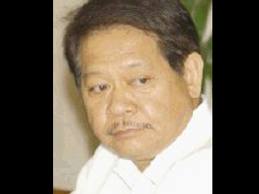The government has lifted the ban on the deployment of Filipino “au pair” to Europe, Foreign Secretary Albert del Rosario announced Wednesday.
An au pair—“equal to” in French—is a young woman, aged between 18 and 30, unmarried and without any children, who is placed under a cultural exchange arrangement with a host European family for a maximum of two years.
During the period, au pair “live with their host families on an equal basis and shall be given pocket money for doing child care and other light household chores” while undergoing a cultural immersion and language program.
The lifting of the ban, which was imposed in 1998 due to reported abuse of the system, was made following the “issuance of new guidelines on the departure of Europe-bound au pairs,” Del Rosario noted.
“The new guidelines are meant to facilitate the departure of au pairs and at the same time, provide them safety nets and protection,” he said.
The guidelines were “drafted and agreed upon by an ad hoc technical working group, composed of the DFA, Department of Labor and Employment, Department of Education, Bureau of Immigration, Philippine Overseas Employment Administration, and the Commission on Filipinos Overseas.”
“Under the guidelines, procedures for the departure of au pairs have been simplified and documentary requirements are down to the minimum,” said Del Rosario.
According to the DFA head, “a strict monitoring system shall be put in place by the Philippine embassies and consulates in Europe for the protection of Filipino au pairs.”
“Au pairs need not go through the DOLE or POEA procedures anymore as they are not considered overseas Filipino workers,” said Del Rosario.
The ban on au pairs was imposed in 1998 due to what the DFA referred to as “isolated cases of abuse of the system by some unscrupulous elements.”



